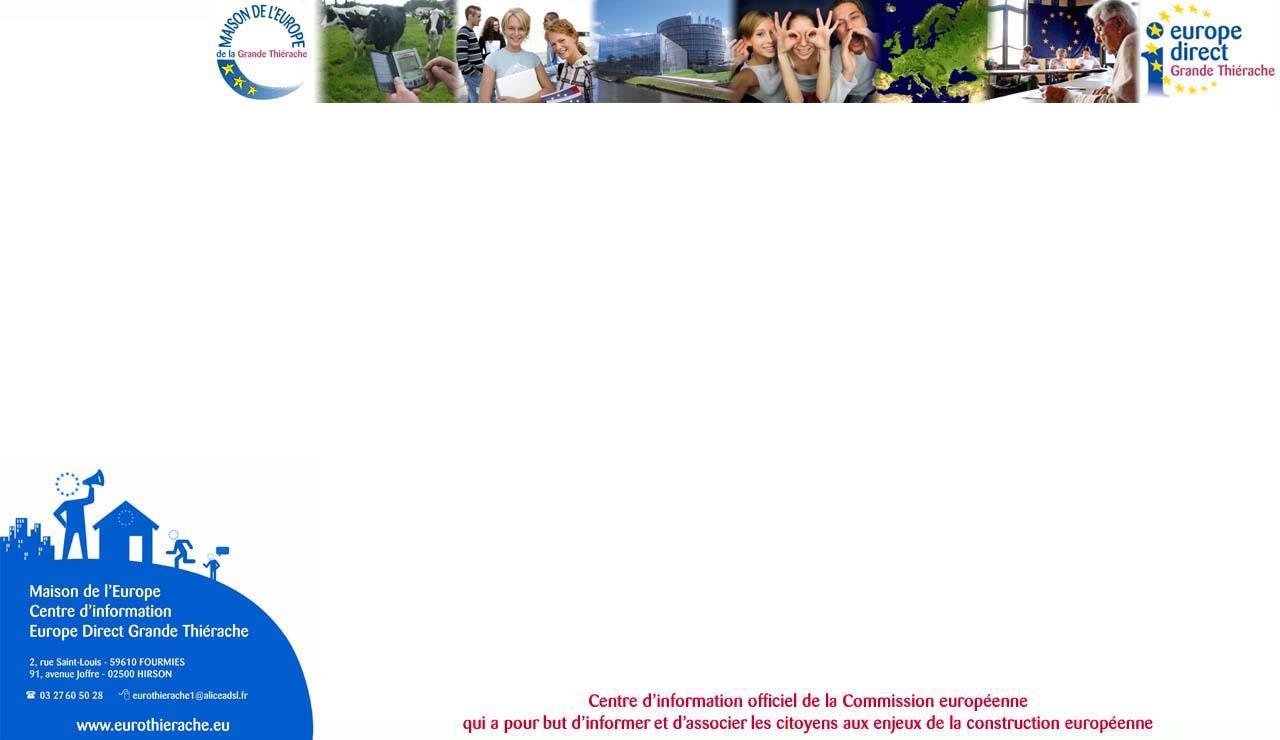|
Maud: the first and more logical reason was to learn to speak a good Spanish, although we study it in details in my French university, we don’t practise sufficiently during the oral communication course. That’s why I needed an immersion into the country to gain fluency. Another point is that Spain is an attractive country, all the more in the region where I am! In Andalusia there are a cultural life and a patrimony very interesting, and all this with a pleasant climate! Then, in addition to the linguistic and tourist interest, this is perfectly in correspondence to my professional project: according to me international mobility is essential. To go abroad makes you more responsible and more mature: you need to find a flat in an unknown country. I wanted this independence and this freedom. 2) What do you expect concerning the Erasmus program?Maud: the program’s goal is to encourage student mobility. To me the program is only a platform; there's nothing organized by the program so it’s up to you to meet people, I only expect from the program an administrative assistance. In Seville, there are many Erasmus student associations, who organize travels, parties, visits, linguistic exchanges… but the problem is that I’m not sure that the organisation exists in Lille, while the program is supposed to offer to you the same wherever you go. That’s why I think it would be a good idea to include this in the Erasmus program. 3) What do you feel about your experience over there? Maud: it is not finished yet but I have the feeling that time is running out. I have already visited so many towns, monuments, and I have already met people coming from all over the world, it is really exciting! Spain is near France, but culture is very different, concerning the way of life, the food, and, the uniforms children wear to go to school, even the way they have party! You discover new things everyday!You also learn a lot about other cultures, and therefore you get to look in a new way at your own one; it's quite funny sometimes to learn the clichés about France in Mexico, Germany or even Belgium! There is an "Erasmus mood" that you can really feel... a kind of general enthusiasm, the will of not wasting time: relationships come much quicker and more easily than normally, this idea of having a limited time you should benefit from the more you can is shared by everyone. 4) What are the administrative modalities before to go away? Maud: there are many papers to print, fill in, copy, send... but in the end you will survive! To make it short, you register online on the website of the university you're going, and you choose the courses you want to follow, you, your university and the foreign university sign it -but you can change it on arrival if you want. Then you have to ask for your Erasmus grant and for the region's. You have to fill in lots of attestation, for arrival, for departure... and on arrival you have others papers to give, to register. 5) Is the Erasmus program linked with your professional project? Maud: I want to work in the intercultural mediation, if it is possible in relation with the European Union, so to participate to a European program is logical in a European context. 6) Financially how does the program help you?Maud: for the moment, I have no grant. But after the Erasmus program gives you approximately 100€ per month and that’s all, the flat and travel spending are to you. But normally the department and the region give you a grant so I would have 300€ per month.
|
| interview 1 : Maud Vanbelle (21 ans) |
| © 2014 Maison Europe Grande Thiérache |



 1) Which were your motivations to go to Spain?
1) Which were your motivations to go to Spain?